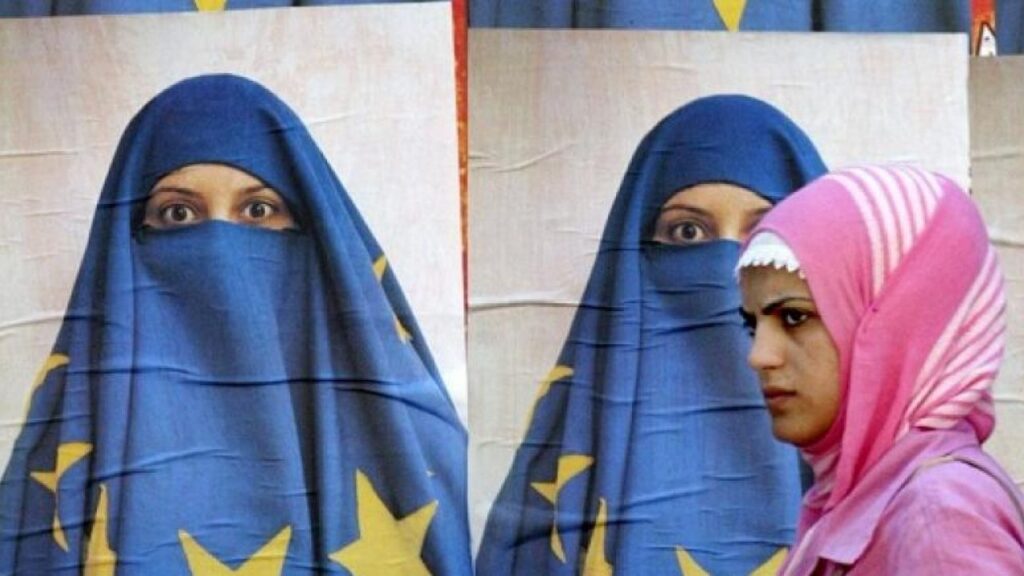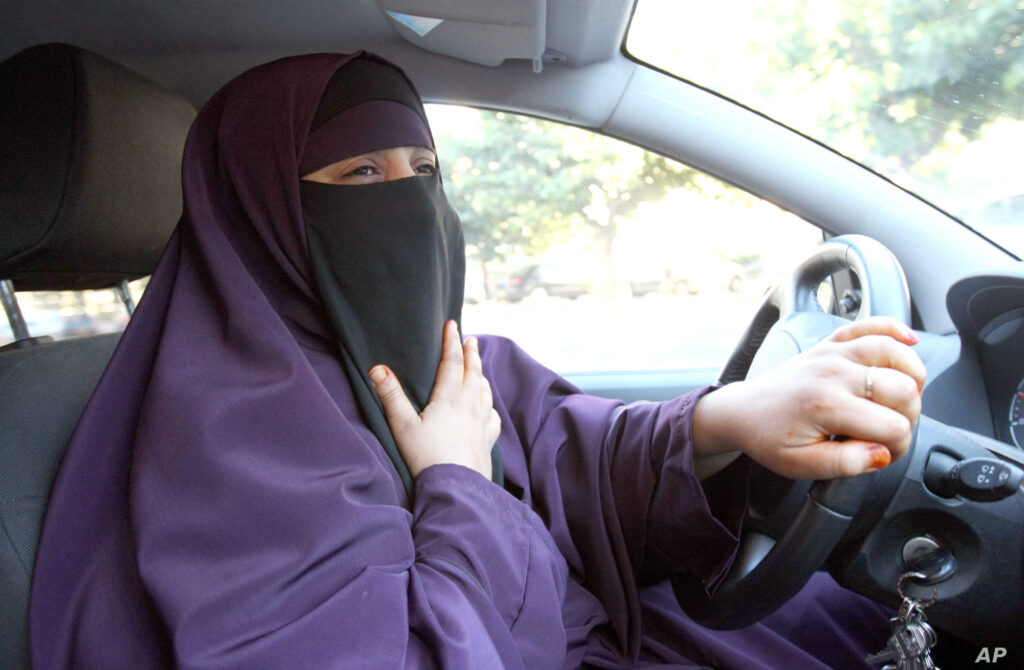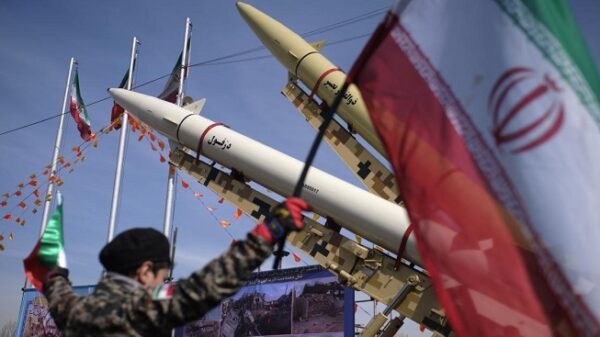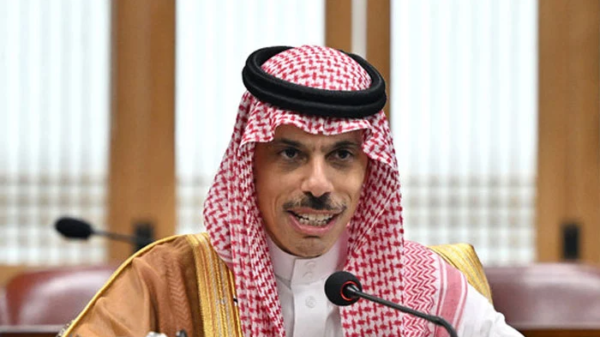The Human Rights Watch has called a ruling by a top European Union court allowing employers to ban headscarves under certain conditions a “violation of religious freedoms”, adding that Muslim women in Europe are being forced to chose between their faith and their jobs.
Last week, the Luxembourg-based EU Court of Justice (CJEU) ruled that companies in the bloc can ban employees from wearing a headscarf under certain conditions, if they need to do so to project an image of neutrality to customers.

The issue of the hijab, the traditional headscarf worn around the head and shoulders, has been divisive across Europe for years, underlining sharp differences over integrating Muslims.
“Similar discriminatory bans in Germany led to Muslim women giving up teaching careers and in France dropping out of school,” the HRW said in a statement.
HRW said protection of religious freedom – for Muslim women in particular – was “dented”.
The CJEU had said that employers can limit workplace expression of religious, political, or philosophical beliefs where there is “a genuine need” to “present a neutral image towards customers or to prevent social disputes.”
HRW argued that “neutrality has previously been used to justify similar public sector bans and this extends that logic to the private sector, opening the door to widespread employment discrimination”.

“The court’s reasoning that allowing religious dress could harm a business’ ability to operate rests on the flawed logic that a client’s objections to employees wearing religious dress can legitimately trump employees’ rights,” HRW said.
It highlighted that any restrictions should also restrict, for example, the wearing of the Jewish kippah and the Sikh Turban. “In practice, Muslim women in Europe who wear headscarves or face veils are often the focus of such curbs,” the statement read.

Bans on religious clothing and symbols for teachers and other civil servants in Germany led some Muslim women to give up teaching careers.
A ban on face coverings in France, upheld by the European Court of Human Rights, led to fines for nearly 600 Muslim women in less than three years and France’s 2004 law banning the wearing of headscarves in schools kept some Muslim girls from finishing school.

“For any women forced to wear a headscarf or veil, such prohibitions do not address root causes of oppression but risk in practice further curtailing their engagement with society, increasing their isolation,” the international non-governmental organization said.
Media person and communication expert for over 25 years. Worked with Dow Jones News, World Bank, CNBC Pakistan, Aaj TV, ARY TV, Abbtakk TV, Business Recorder, Pakistan Observer, Online News Network, TTI Magazine and other local and world Publications.










